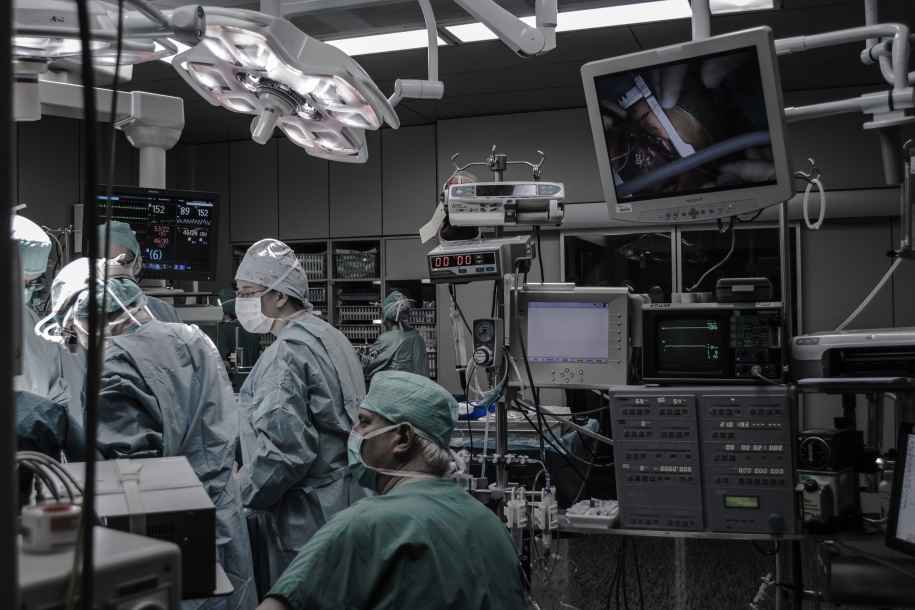Biotech startup LyGenesis closes $4 million to begin clinical development of its liver regeneration technology

LyGenesis, a biotechnology startup company focused on organ regeneration, has closed $4 million to enable the company transition its lead program in liver regeneration into clinical development, beginning with a Phase 2a clinical trial for patients with end stage liver disease in 2020. The private financing of convertible notes came from Juvenescence, Ltd. and Longevity Vision Fund. Their technology uses lymph nodes as bioreactors to regrow functioning organs within a patient’s own body.
Founded in 2017 by Michael Hufford, the Pittsburgh, Pennsylvania-based LyGenesis is a biotechnology company with an organ regeneration technology platform enabling a patient’s lymph nodes to be used as bioreactors to regrow functioning ectopic organs. LyGenesis’s lead allogeneic cell therapy program is focused on liver regeneration for patients with end stage liver disease (ESLD). Its drug development pipeline includes thymus, pancreas, and kidney regeneration.
“We have advanced our liver regeneration program through preclinical trials and this financing will help us to rapidly transition into a clinical-stage biotechnology company,” said Michael Hufford, PhD, Co-Founder and CEO of LyGenesis. “Our ability to use the lymph node as a bioreactor for organogenesis is also generating interest from partner companies looking for an enabling technology so that their genetically modified cell therapies are able to engraft, proliferate, vascularize, and produce a therapeutic effect in patients.”
“We are thrilled to continue our financial support of LyGenesis as they transition into clinical development,” said Greg Bailey, MD, Co-Founder and CEO of Juvenescence, and a member of LyGenesis’s Board of Directors. Sergey Young, founder of Longevity Vision Fund, said “The ability to regenerate functioning ectopic organs was science fiction just a few short years ago. The progress of LyGenesis’s technology is emblematic of the rapid advances we are witnessing as biotechnology transitions from bench research, to preclinical models, and now into the clinic.”

